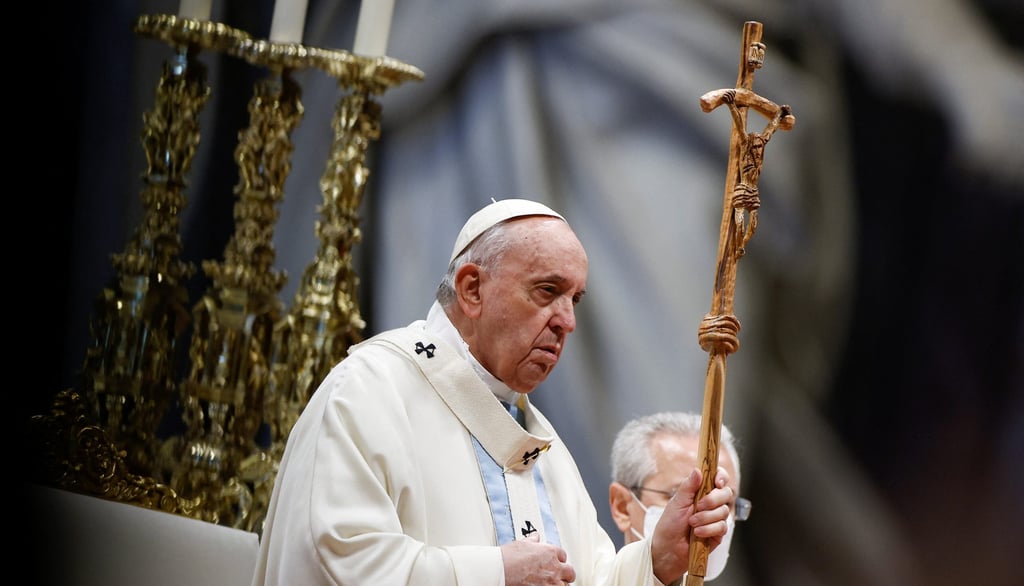Pope Francis Dies at 88: A Legacy of Humility, Reform, and Global Dialogue
Pope Francis, the first Latin American and Jesuit pope, passed away on Easter Monday at 88. His decade-long papacy leaves behind a profound legacy of reform, compassion, and outreach to the marginalized.
WORLD
Emmanuel Makome
4/24/20252 min read


Pope Francis Dies at 88: A Legacy That Transformed the Church and Touched the World
In a moment of profound grief for the global Catholic community, Pope Francis passed away on Easter Monday, April 21, 2025, at the age of 88. The pontiff died at his residence in the Vatican’s Casa Santa Marta, with the cause of death certified as a cerebral stroke, which led to a coma and irreversible cardiocirculatory collapse. His death follows years of declining health, including respiratory complications, high blood pressure, Type II diabetes, and a recent severe bout of pneumonia.
Born Jorge Mario Bergoglio in Buenos Aires, Argentina, Pope Francis was a trailblazer from the moment he stepped onto the balcony of St. Peter’s Basilica in 2013. As the first Latin American and first Jesuit pope, he broke centuries of tradition and brought a unique blend of humility, pastoral care, and a radical call for justice to the role of the papacy.
His final public appearance came just a day before his death, on Easter Sunday. Despite visible frailty, he offered blessings from the balcony of St. Peter’s Basilica and met privately with U.S. Vice President JD Vance—an engagement that, in hindsight, underscored his lifelong commitment to diplomacy and dialogue.
Cardinal Kevin Farrell, the Vatican camerlengo, officially announced the pope’s death at 7:35 AM. Vatican protocol followed swiftly: Francis’ quarters were sealed, and preparations began for his funeral rites. His body will lie in state in St. Peter’s Basilica, allowing the faithful to pay their respects before a funeral Mass expected to draw millions.
Pope Francis’ pontificate will be remembered for groundbreaking reforms and a deeply human approach to the Church's mission. He emphasized mercy over judgment, simplicity over grandeur, and the urgent need for action on climate change, economic inequality, and migration crises. His encyclicals, including Laudato si’ and Fratelli tutti, redefined the Church’s role in the modern world.
He also took historic steps toward transparency in Church finances, held global synods on contentious issues like LGBTQ+ inclusion and clerical celibacy, and became a tireless advocate for the poor, the environment, and interfaith peace. Despite internal resistance, his leadership signaled a shift toward a more inclusive and socially conscious Church.
The process of selecting his successor will now begin, with cardinals from across the globe gathering in Rome in the coming weeks for the conclave. Whoever is elected next will inherit a Church forever changed by Pope Francis’ papacy—one rooted more deeply in the Gospel’s call to serve, heal, and unite.
As millions mourn, the world pauses to honor a man who redefined what it means to lead not just a Church, but a global conscience.
© 2026. Ke Press Global. A Ke Harbor Company. All rights reserved.
FOLLOW KE PRESS GLOBAL ON :
Contact us


